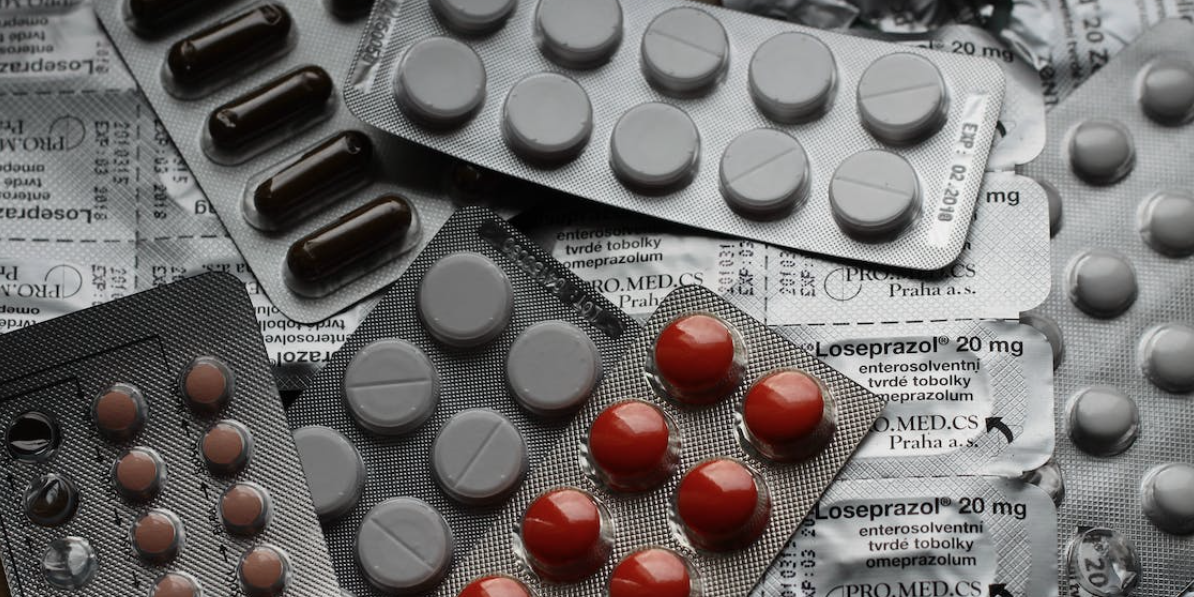Despite growing acceptance for cannabis, the fact that it is being more widely used is understandably raising questions.
One of those questions centers around the use of cannabis for drug and alcohol recovery – is it a viable solution?
Misconceptions have tainted the plant’s reputation over the years, from the myths claiming that cannabis is a “gateway drug” to the rumors that portray this plant to be a highly addictive and potentially harmful substance. However, cannabis could actually be used to treat other forms of drug addiction, which according to the 2021 World Drug Report, affects some 36 million people around the globe.
Is Cannabis Addictive?
To clear up the confusion and truly understand whether or not cannabis can be used as a suitable method of treatment in drug addiction recovery, we must first learn a bit about the natural substance’s potentially addictive qualities.
Evidence suggests that cannabis may possess addictive properties, with approximately 30% of people who abuse the plant developing an addiction to the substance. Plus, reports indicate that there is a 70% risk of having a marijuana addiction if the consumer starts dabbling in the plant during their adolescent years.
In most cases, regular users will develop a tolerance to cannabis, before experiencing cravings and withdrawal symptoms when not using the drug. Nonetheless, some people argue that cannabis is a non-addictive narcotic. Plus, there has never been a reported case of fatal overdose.Strains that are rich in the mind-altering component THC (tetrahydrocannabinol)—such as Super Lemon Haze, Purple Punch, and Sour Diesel—trigger the activation of various receptors inside the brain. Consequently, the individual may experience mood fluctuations, memory impairment, and changes to their senses.
Using Cannabis in Addiction Recovery
Since cannabis may cause addiction in some cases, the idea of using it in addiction recovery might seem counterproductive. However, a growing body of research points to the benefits of using prescribed cannabis to relieve the symptoms of opioid addiction.
Many people who battle addiction will usually begin developing addictive habits after consuming painkiller prescriptions. Fortunately, cannabis—which is a natural painkiller—could offer a safer and more suitable substitute. The word “substitute” is important here because most addicts are usually unwilling (or not ready) to abstain from drugs completely, therefore a harm reduction therapy program with a more subtle substance like cannabis makes more sense.
Using Cannabis for Opioid Recovery
For the last decade, there has been a noticeable spike in rates of opioid use disorder. Consequently, this has led to more than 300,000 opioid-related deaths in the U.S. The tides will likely change drastically now that cannabidiol (CBD) has caught people’s attention. Why? Because one study published in the American Journal of Psychiatry in 2019 discovered that the non-psychotropic cannabinoid CBD may help heroin addicts who experience the side effects of withdrawal, such as anxiety and drug cravings.
The randomized clinical trial involved 42 participants who were administered two different doses of a CBD medication called Epidiolex—made by British drugs company GW Pharmaceuticals—one time per day for a total of three days. Soon after consumption, they were shown drug-associated neutral cues and assessed on whether or not CBD could minimize anxiety and opioid cravings.
Specifically, after the patients received a dose of CBD or a placebo, the authors showed the study subjects three-minute videos to understand the differences (if any) in anxiety, vital signs, positive/negative emotions, and opioid craving. As per the findings, heroin cravings and anxiety levels were reduced in the CBD-consuming group; the results were noticeable for up to one week after consuming the CBD medication.
Using Cannabis for Alcohol Recovery
Cannabis advocates who back the prospect of using cannabis to assist alcohol-dependent people claim that the plant is much less hazardous to health than alcohol itself. On the other hand, individuals who oppose this strategy argue that sobriety will never be accomplished by replacing one mind-altering substance with another.
However, a study published in the Harm Reduction Journal, titled, “Cannabis as a substitute for alcohol and other drugs,” found that harm reduction efforts—particularly those that focus on reducing the risk of negative outcomes—can be bolstered when one psychoactive substance is replaced with another.
Here’s a brief overview of the findings of the Harm Reduction Journal’s 2009 study:
- Approximately 40% successfully substituted their alcohol with cannabis
- Approximately 26% successfully substituted their illegal drugs with cannabis
- Approximately 66% successfully substituted their prescription drugs with cannabis
The research team also found that people who undergo addiction treatment appeared to successfully control their alcohol withdrawal symptoms by using medicinal-grade cannabis. Plus, since cannabis is considered to be a non-addictive substance that has never caused a fatal overdose, there is plenty of reason to believe that it could be beneficial as a treatment option.
Moving Forwards…
Cannabis was formerly known as a “gateway drug” but this myth has been disproven by the National Institute on Drug Abuse (NIDA). The scope of existing research indicates that the withdrawal symptoms commonly dealt with by drug addicts, which include (but are not limited to) fatigue, vomiting, nausea, and appetite loss, may be relieved after someone uses cannabis.
There is no limit on cannabis’ potential for treating alcoholism, with new studies showing that cannabinoids may safeguard neural cells from dying during the alcohol withdrawal period. Cannabis exhibits a cell-protecting aspect, thus protecting the neural cells at risk of dying from alcohol withdrawal.
Previously, many people believed that the green plant encourages people to dabble in/experiment with different types of substances, but newer research emphasizes cannabis’ ability to reduce harmful substance use, such as alcohol, opioids, and tobacco.
With further research, we can better understand the role that cannabis plays in addiction recovery.
Written and Published by Bethan Bee Rose in Weed World Magazine Issue 158
Image: Pexels







